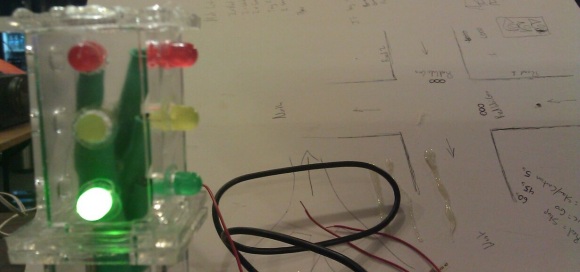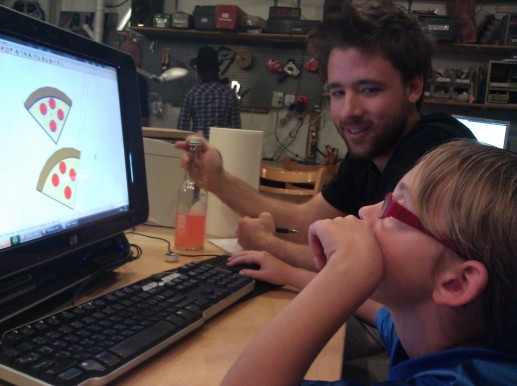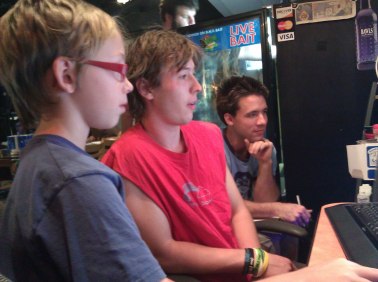 Registration for this summer is up, the craziness is pretty much over, and now we play the waiting game. Again. I’m stuck looking at this screen and just waiting. Waiting for those slots to fill. I could spend more time putting up the events and classes on other sites and promoting, and I plan to, but it all ends up with me doing the same thing. Waiting and staring at this screen.
Registration for this summer is up, the craziness is pretty much over, and now we play the waiting game. Again. I’m stuck looking at this screen and just waiting. Waiting for those slots to fill. I could spend more time putting up the events and classes on other sites and promoting, and I plan to, but it all ends up with me doing the same thing. Waiting and staring at this screen.
I realized that with all the subjects I want to cover, and all the projects and things we (AHAkids) are working on and want to share with the world, I cannot contain them here. The point of this blog was to share what it is like to be part of a hackerspace, and I will continue to do that when I can. I also cannot put all of that information on the All Hands Active website, as information and pages can too easily disappear as I’ve experienced with so many people having access to it. I also don’t want it to be even more confusing to newcomers to be more active in the group. I want involvement to be a smooth and welcoming transition, not one that is overwhelming.
My solution is simple. Start yet another blog…
And that is one of the issues with the technology we have now, isn’t it? Sharing a life experience and everything going on in it isn’t simple. People need something simple to be able to comprehend the immense efforts of another person. Yes you can put tags and catagories, but that’s just another barrier people need to break down to get to the nitty gritty. I don’t want to subject someone to the craziness of what we had to go through with taking down The Cube and putting workstations in if all they want to know about is the strides we’re making in educational gaming experiences. I don’t want to go on about the kid’s Arduino projects if someone reading wants to know what it’s like running a simple hackerspace. I don’t want to turn someone off of, what I think, is a valuable experience of the hardships and celebrations of being part of a hacker/maker community, if the information doesn’t apply to them.
It’s easier to just start another project.


